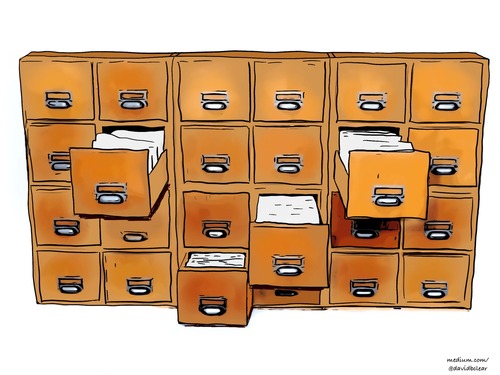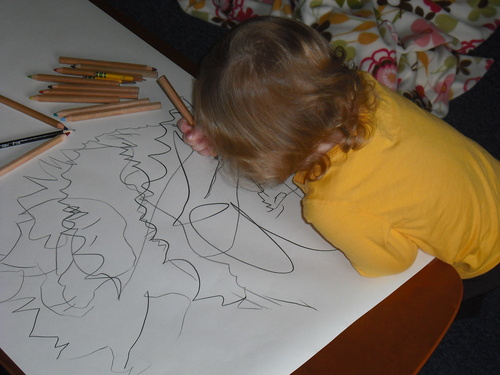Posts tagged “getting-started”
You Should Read David B. Clear's Summary of the Zettelkasten Method

At the turn of the decade, David B. Clear wrote a summary about all things Zettelkasten, called “Zettelkasten — How One German Scholar Was So Freakishly Productive”.
Beginnings of Bryan Kam's Zettelkasten Journey
Bryan Kam wrote two posts about his embarking on a Zettelkasten journey in recent months. Especially if you’re getting started, posts like his can be a nice place to get inspiration and a feel for the early days. In his first post, he talks about his understanding of the method as a “methodology for thinking in writing.” Which is a pretty apt summary of one of its benefits already. He also draws connections to Getting Things Done, which I’d argue the Zettelkasten Method is not an alternative, but an extension of for personal productivity. Either way, Bryan lists a few core principles and their immediate, actionable results. For example this:
Your First Note – Don't Overthink It

The Zettelkasten note archive is the storage of your knowledge. The Zettelkasten Method is an ideation tool, though. Using your Zettelkasten should help remember stuff and spark new ideas which will be stored as Zettel notes again. This process is fruitful and potentially never-ending. All that sounds nice, but naturally you have to start somewhere. How do you start working with your Zettelkasten? What’s the best first note?
4 Use Cases to Determine What a Zettel Should Be

Let’s go really basic: What is a Zettel? A Zettel is a note that is part of the archive of your Zettelkasten. You create it to contain knowledge for later use. The answer to “How do I compose a Zettel?” is simple: You form a Zettel in a manner that allows you the most efficient use even if another person would have to use it.
Getting Started Series
Update 2020-10-27: If you’re new to the whole Zettelkasten thing, check out our Introduction to the Zettelkasten Method!
With today’s post on how many Zettelkästen you should have, I have started to collect posts specifically made to get started with the method.
The overview now contains a dedicated section on that.
So far we have:
- How many Zettelkästen should I have? The answer is, most likely, only one for the duration of your life. But there are exceptions to this rule.
- Don’t use categories. Use tags instead.
- “What should my first note be?” – it doesn’t matter. Just get started.
- Set links between notes. Full-text search on its own provides not enough information. Connections will do, especially in the long run.
- “When should I start a new note?”
- Also read “Trust the process”, an essay.
- You have to interpret your sources and then rely on your own thoughts henceforth to get the maximum benefit. Collecting information does not increase your knowledge.
- Use outlines to start with the first draft of your writing project.
- Then ease into writing by adding Zettel notes to the outline, pasting their contents in.
Please tell us in the comments what you always wanted to know, where you struggle, or what you think a beginner should know.
Should You Have One Zettelkasten or Many?

When you start with a Zettelkasten, you may feel hindered by the plethora of options. Paper or computer? Which application should I choose? Which categories should I create? (Hint: none) How many archives do I need for my projects? The short answer for the last question is: one.